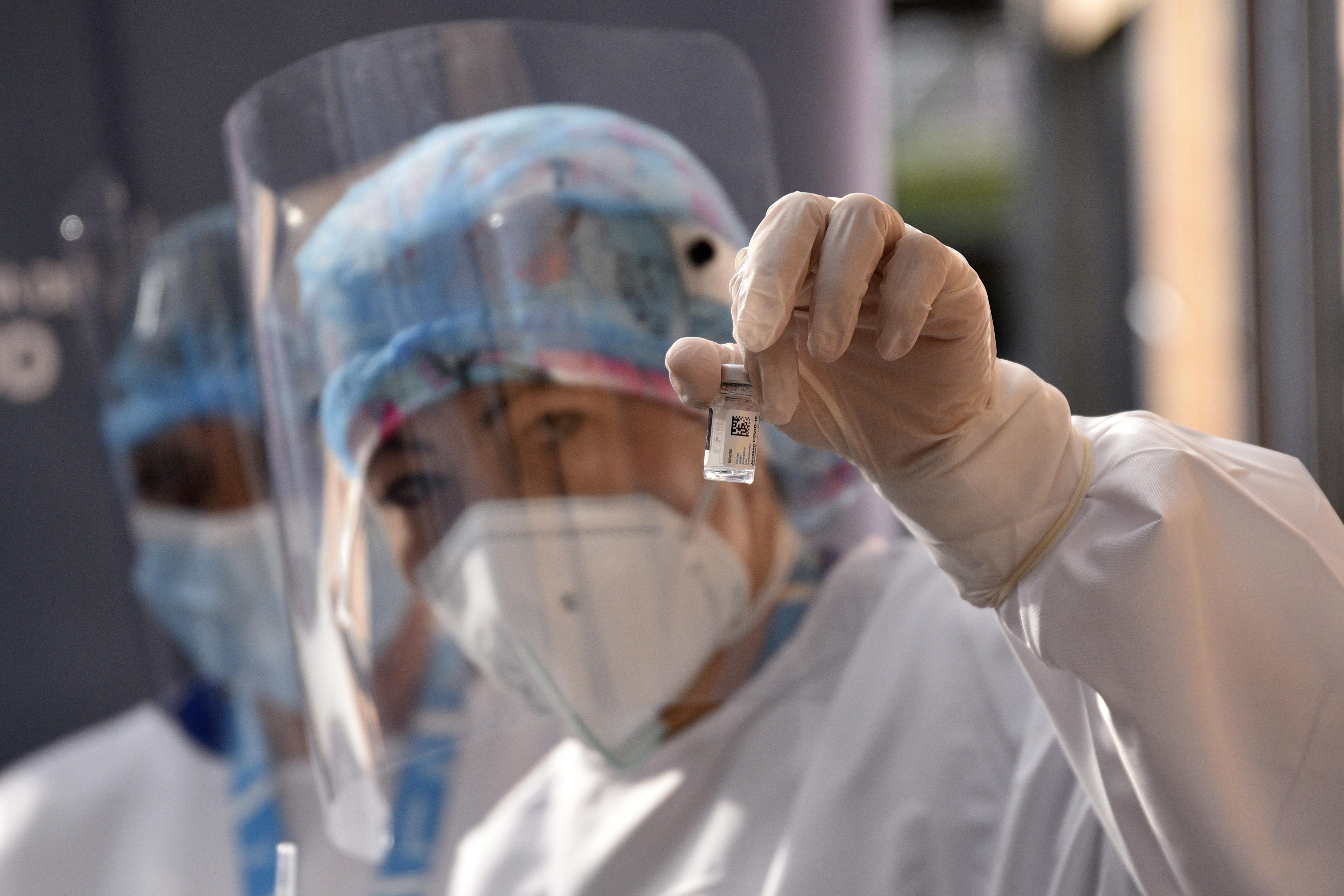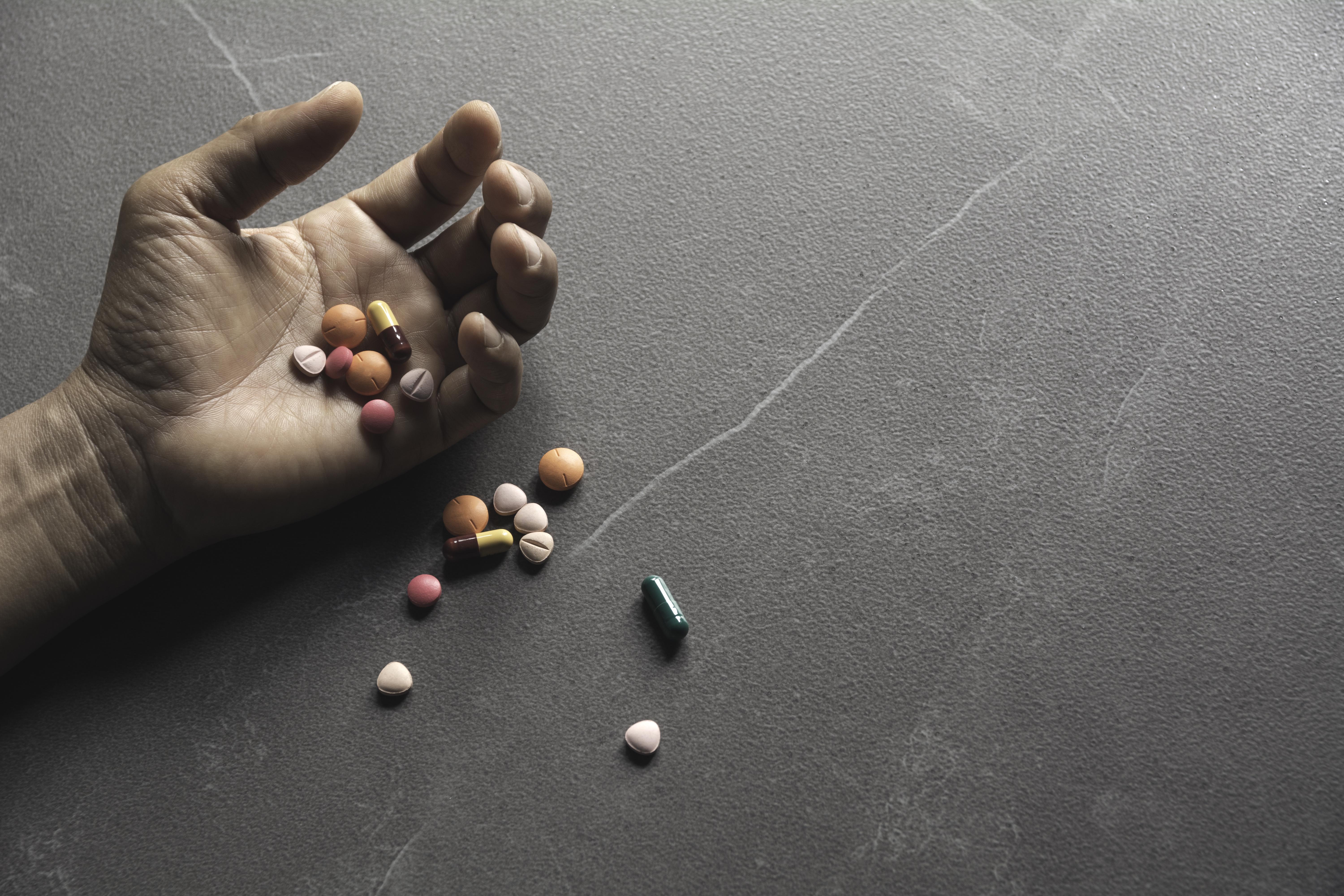COVID-19
Gain-of-function mutation research may help predict the next pandemic — or, critics argue, cause one.
Some of these trends may be due, in part, to the lockdown.
According to this research, eight percent of Americans always refuse vaccines. Why?
Contact-tracing apps can be a useful tool for public health, but they have considerable false positive and false negative rates.
Is working from home the ultimate liberation or the first step toward an even unhappier “new normal”?
Children with pre-existing mental health issues thrived during the early phase of the pandemic.
Cotton mask fibers prove 33 percent more effective at blocking viruses in trials.
A deeper appreciation for science and less unnecessary spending could be in our future.
Jonathan Berman wants us to have better dialogues.
Of course, it’s all about where you move. The authors argue that it needs to be less populous regions.
It’s a precautionary measure stemming from fears that mutated coronavirus strains may reduce the efficacy of future vaccines.
A growing body of research suggests COVID-19 can cause neurological damage in some patients.
Most people believe themselves to be less at risk from COVID-19 than others similar to them, according to a recent UCL survey conducted in the U.S.
Medicago is growing a SARS-CoV-2 vaccine candidate in a relative of the tobacco plant right now.
Noise pollution is terrible for our health, yet we don’t discuss it often enough.
A study in the hospitality industry shows the importance of design, including during a pandemic.
94 percent of men in the study have this mutation, which explains why men are more likely to die.
Americans lose an estimated 321 million work days every year due to anxiety and depression.
This could change how researchers approach vaccine development.
Archaeology clues us in on the dangers of letting viruses hang around.
Some people choose alternatives to masks for comfort. A study shows the difference in effectiveness.
A team at Mount Sinai has discovered the neural mechanism behind social isolation.
More people are looking up panic and anxiety attacks in quarantine.
On the list of animals at risk are several endangered species.
The patient’s second infection was asymptomatic, suggesting that subsequent infections may be milder.
The immune system seems able to “remember” the coronavirus, and therefore able to prevent — or minimize the severity of — reinfection.
A study published Friday tested how well 14 commonly available face masks blocked the emission of respiratory droplets as people were speaking.
The virus is unlike anything many people have ever experienced.





























